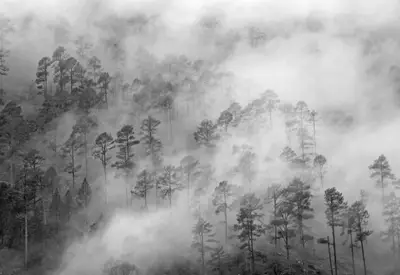Shimla Weather

Today's weather of Shimla is expected to be Sunny with a maximum temperature of 25° C and a minimum temperature of 13° C. The average humidity in Shimla would hover around 53%.
The April month in Shimla is generally pleasant and clear and you would feel cold throughout the day. Light Woolen are recommended in April. April month is the warmer month in the year with a minimum temperature of 8 degree.
Today's Hourly Weather forecast for Shimla













Shimla Weather forecast for next 2 days


Overview of Shimla Weather
Weather in Shimla
Shimla in summer: Summers in Shimla begins in March and the weather is very pleasing and the temperature range between 4 to 15-degree Celsius. In the evenings, you can survive just by putting on light woolens.
Shimla in monsoon: Shimla in monsoon begins in July. The town witnesses heavy and nonstop rains for several days with extremely chilled surroundings and the temperature falls drastically during the monsoon.
Shimla in winters: Shimla witnesses winters from November to February with bone-chilling cold weather. You are chilled this time by the cold breeze coming from the Himalayas. You can also enjoy snowfall and snow activities in Shimla and Kufri.
Spring in March and the fall months of September to November have a charm of their own. The rising of curling mists during the rainy season of July and August give the hills a very romantic setting.
Best time to visit Shimla
The Shimla hill station is a year round destination, but best time to visit is from April to June, and from October to January. The best season to visit Shimla is during summer months that stretch from March to June, when the weather appears to be amazing as you only have to wear light woolens in the evenings. September to November is also considered as the best time to visit because the weather remains pleasant and you will witness a clear sky.
Clothing Required
During Summers: During summers its better to take and pack some light clothes
with warm clothes for the nights in the Shimla. Bearing a temperate climate, cotton clothes with light woolens are worn from April to October.
During Winters: During winter's carry and pack warm woolen clothes like jackets, cap, sweaters, muffler's and shawls. In winter's it can be extremely cold, so its better to prepare for it by having warm clothes with yourself. Heavy woolens and jackets are required for the winter which starts to set in from November and lasts up to March.
Rest of the Year: In spring and autumn thin sweaters and hoodies are needed to beat the morning and evening chills.
Advice: Make sure you carry a jacket, a raincoat, gumboots, and an umbrella during monsoons.
Now that you are aware of the ideal time to visit Shimla, you can plan your trip appropriately. Every season has its highs and lows, so you should base your decision on the activities you want to do, the Shimla attractions you want to see, and your ability to handle the weather and crowds.








